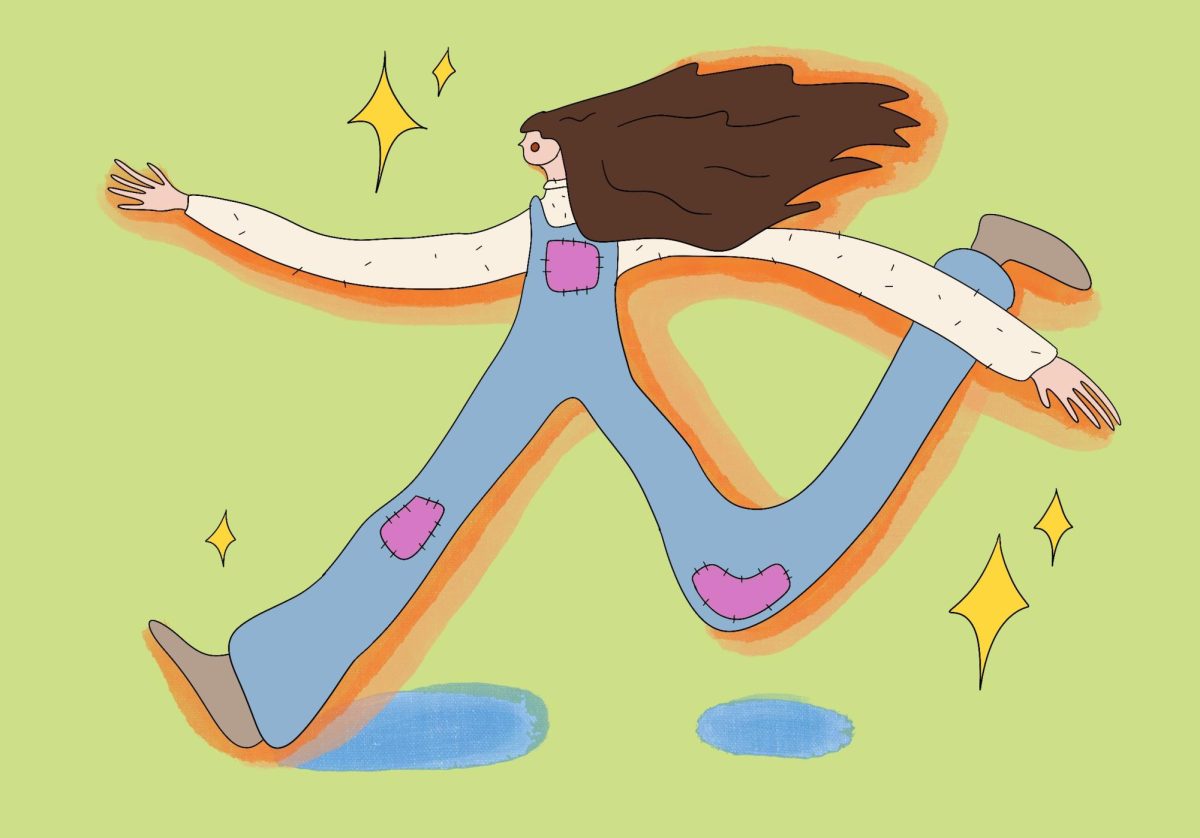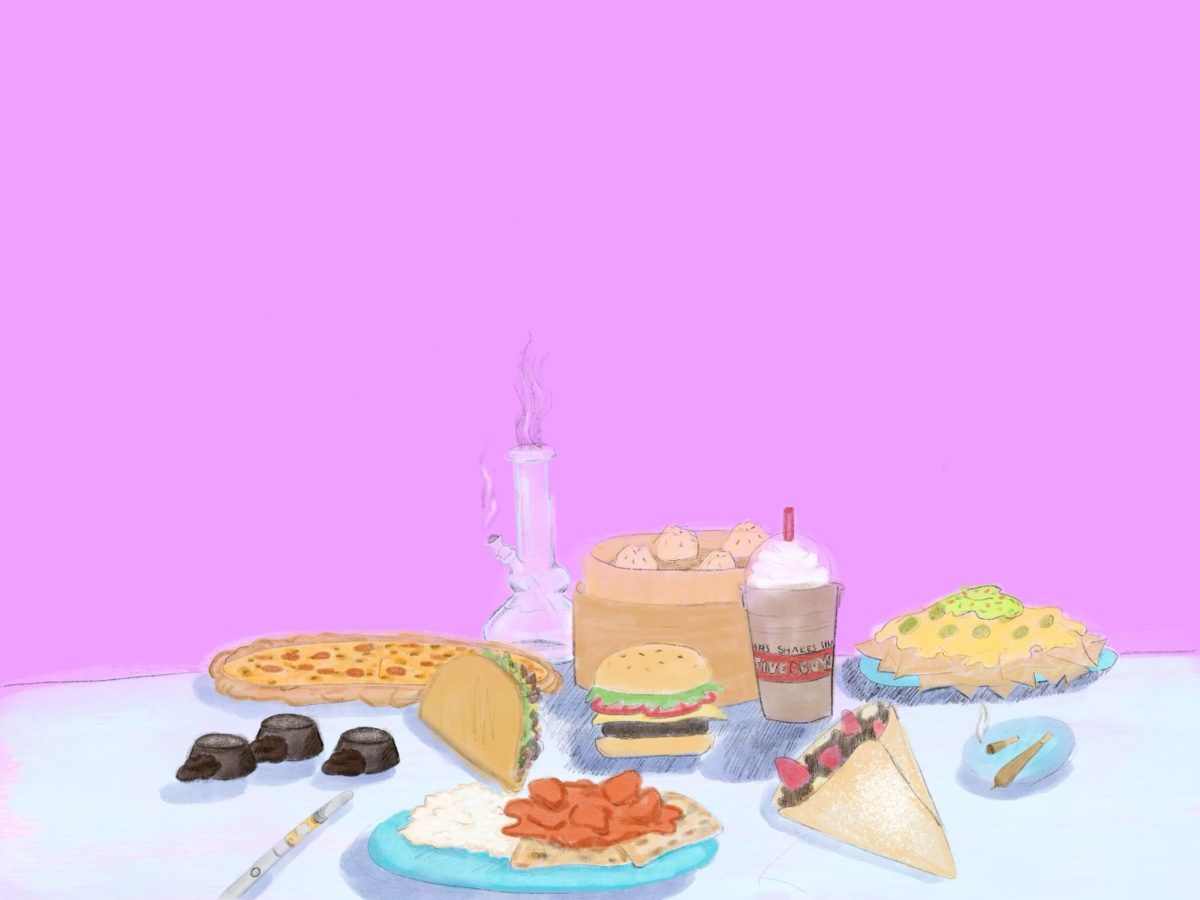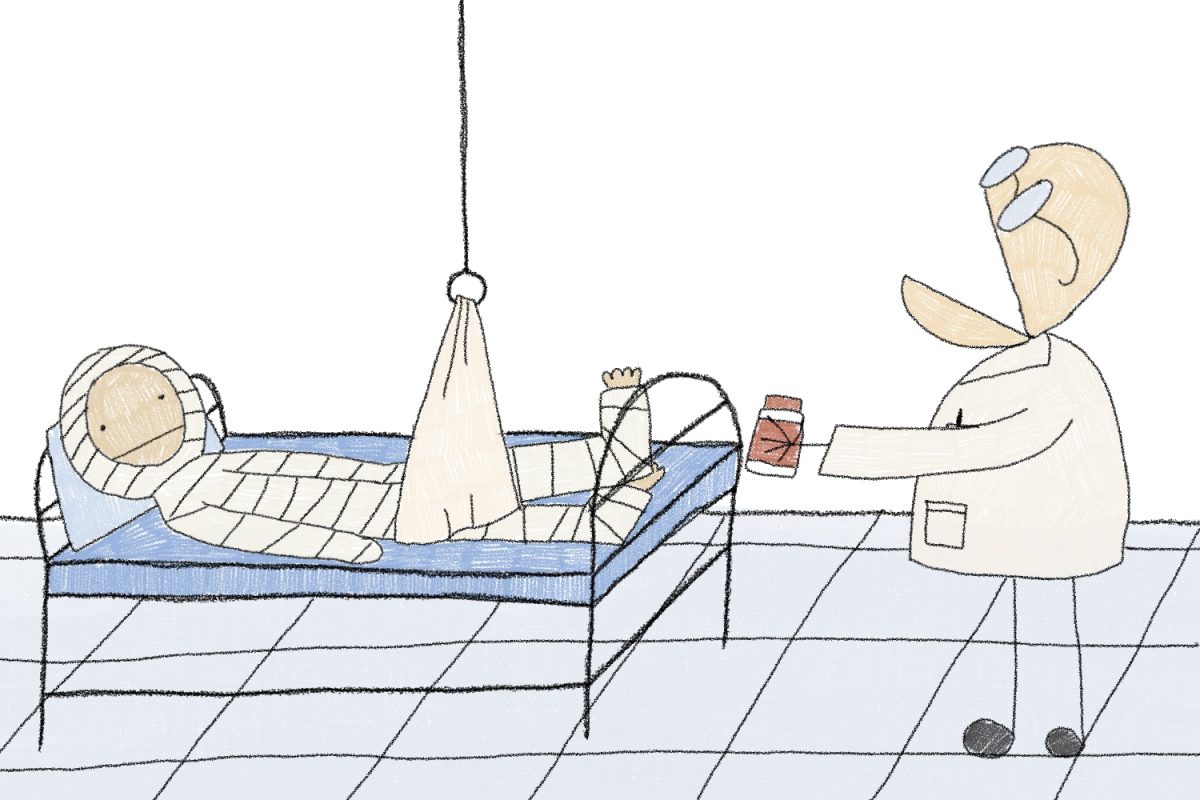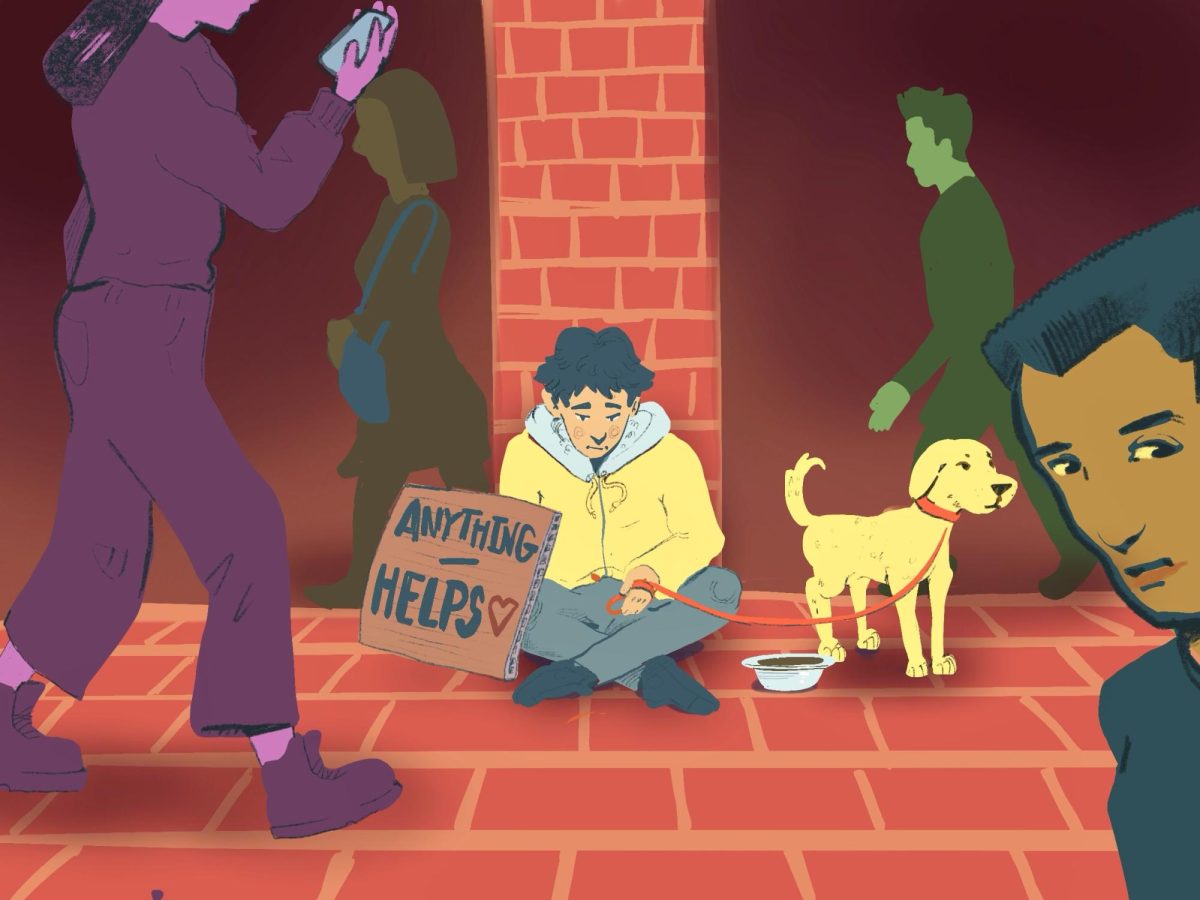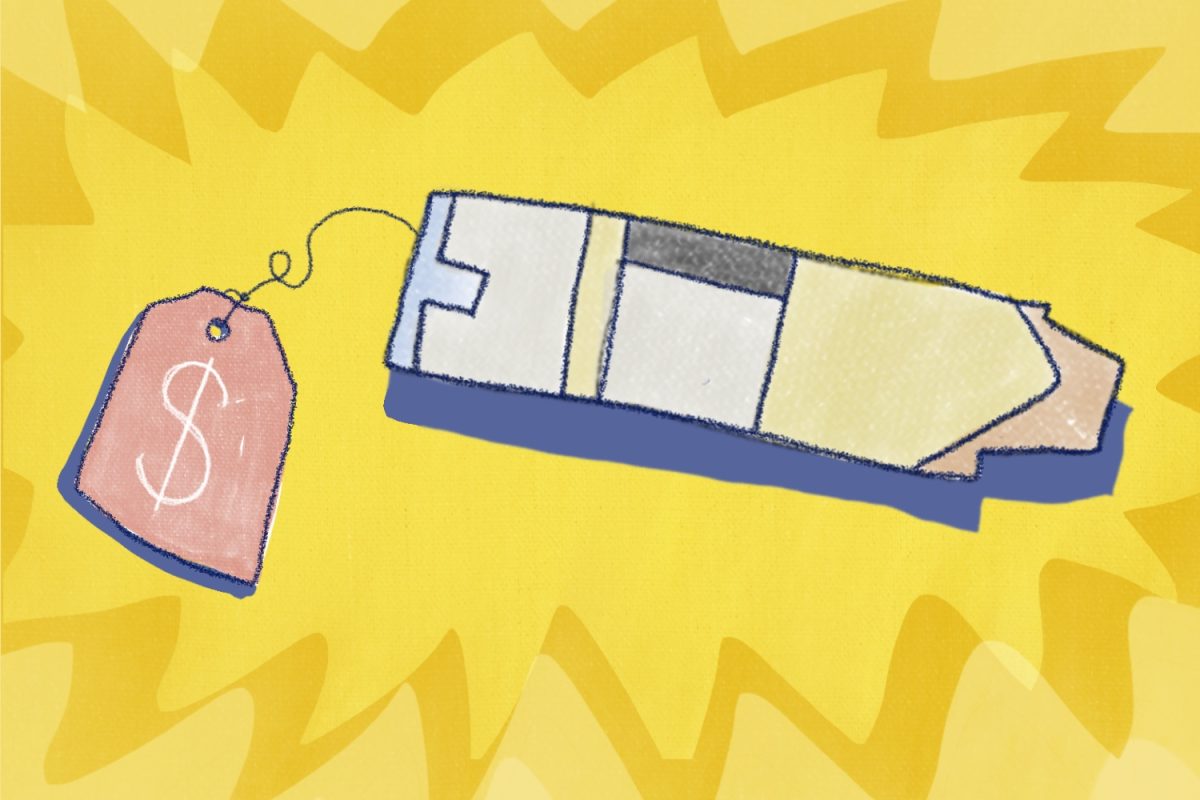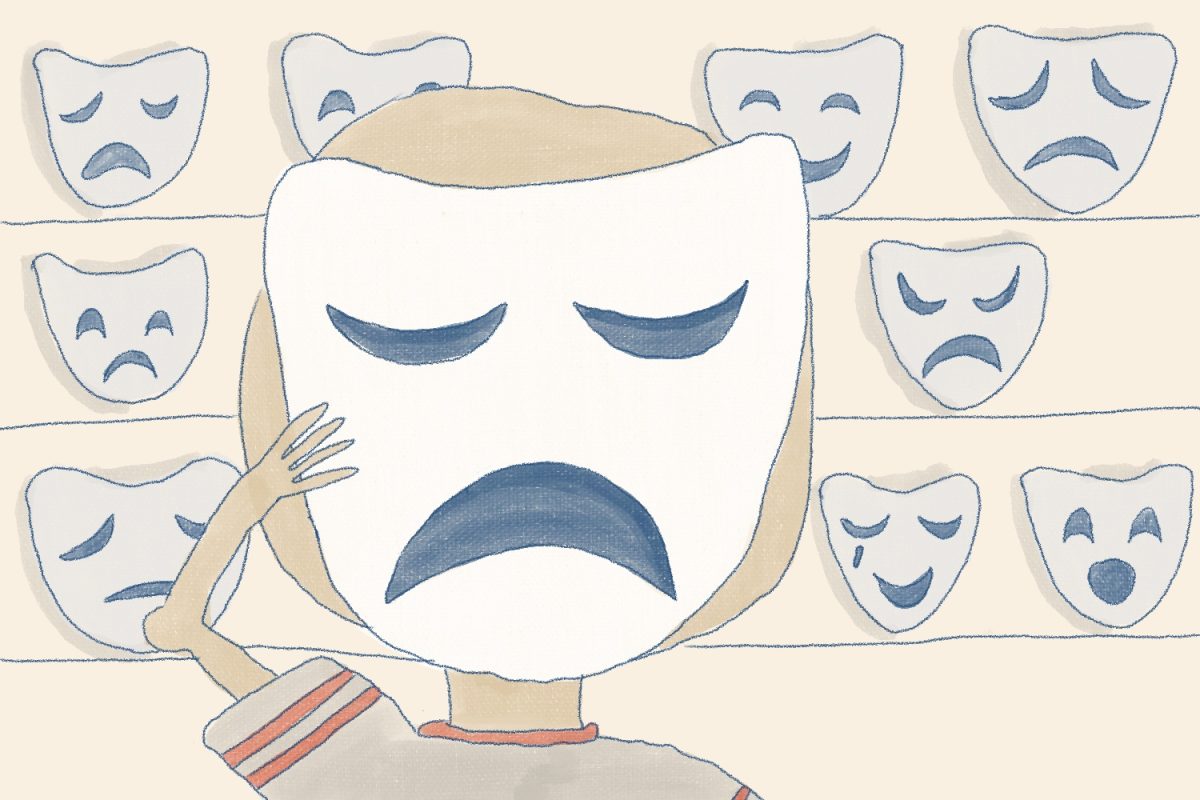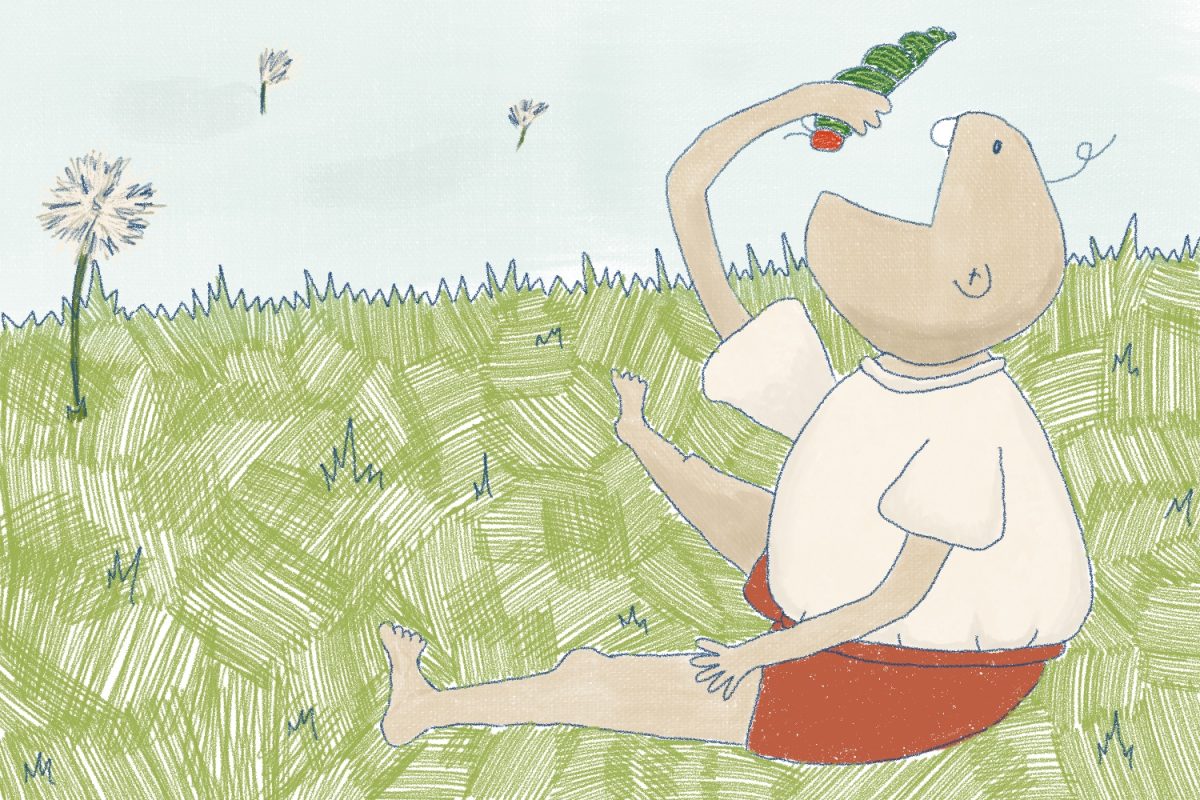From gaggles of middle school girls gushing over crushes to family members asking about your love life, relationships and love are deeply intertwined with societal expectations.
We get to our teenage years and all of a sudden, we are confronted with a host of changes, one of which might be that fluttery feeling in our stomach when we see our crush walking down the hall.
Maybe we go on dates feeling awkward yet excited, turning red when we fill our friends in later.
Romance becomes intriguing and relationships become a main topic of conversation.
Gossip bubbles with chatter of crushes, breakups and hookups.
Though relationships are partially rooted in social dynamics, one’s relationship status is also a source of internal validation as we often conflate someone loving with meaning that we are indeed lovable.
Maslow’s Hierarchy of Needs suggests that love is a foundational human need, just above our need for safety and satisfying our biological functions according to a May 27, 2022 Psychology Today article.
Humans yearn to form truly loving relationships, both platonic and romantic, according to the Psychology Today article.
Though love is complex and vulnerable, we are taught from a young age to aim for a romantic partnership. We may dream of falling head-over-heels in love and fantasize about the magic of our wedding day.
As children, we watch couples form in many of our favorite Disney movies.
Movies often end with the main character pushing aside their personal doubts and happily falling in love, teaching viewers that love cures all.
For the princesses of Gen Z—including Aurora, Jasmine, Belle and Ariel—ending up in a romantic relationship is the conclusion to their stories and is a primary plotline throughout their movies.
This pressure doesn’t escape us as we grow older. In countless teen movies and TV shows, from “Ten Things I Hate About You” to “The Summer I Turned Pretty,” we ship characters and cheer when they end up in a relationship, pointing to this as the desired end goal.
Over time, this need for connection gets chewed up and spit out by society and the monster that is our teenage years.
We feel pressure around us to match the paths of our peers. We want more friends, to be cool and fit in and we want that perfect relationship to cure our insecurities and doubts.
Romantic love is such a special part of life, providing a physical being to embody our passion and intimacy.
However, the formation of a romantic relationship should never be a sole accomplishment that makes us feel more worthy.
The world around us ties together happiness and finding a partner, telling us that we need someone else to be “complete,” according to a Nov. 11, 2021 article from The Daily Star.
The bustle around us makes us feel like we need to rush into a relationship. We have that lingering adolescent belief that we are behind, missing out while everyone else seems to be in a relationship.
Entering a relationship shouldn’t be the golden standard or something to check off of life’s bucket list.
But with the buzz of popular media and dating app advertisements, relationships seem to loom in every corner.
Dating apps perpetuate a “marketization” of love that allows people to look at favorable partners and efficiently choose individuals that they think are the most suitable, according to Jan. 10, 2022 Sage article.
In quickly judging a picture and bio, we perpetuate the idea of a significant other as something to obtain.
Within two seconds we’ve decided whether a person is a possible hook-up, a partner or someone we have no interest in.
But if we really stop and think about it, relationships take time, effort and sacrifice. Love isn’t a materialistic gain or status symbol.
The possibility for relationships to form doesn’t decrease as we grow older. We change, becoming better people who are more secure and accomplished in our own right.
There is no timeline or certain age by which a person should be in a committed relationship.
We are all on our own life path, a collection of different triumphs and challenges we have experienced to get to the point we are at today. To compare ourselves to others isn’t helpful, as we all have different values, traumas and realizations.
Cuffed or single, heart-broken or hopeful, each one of us still possesses an individuality and insight that is of great value. This value adds to friendships, connection with oneself and romantic relationships.
In fact, 55% of Gen Z and millennials say they value friendships over romantic relationships according to a Sept. 21 Washington Post column.
Too often we wait for someone else to see our value before we can see it ourselves. Being in a relationship is amazing, but other people cannot “complete” you.
Instead, relationships should complement our individual selves, existing as a partnership and an adventure-buddy to join us for the wild rollercoaster of life.
We can still want an intimate connection—and that is so valid. Love feels good, so of course we want a wholesome relationship to fulfill our rom-com dreams.
Maybe the sayings “love will come when you least expect it” or “the right person will come along” are true.
But don’t spend life waiting: whether you’re single or in a relationship, there’s a lot of living to do.







